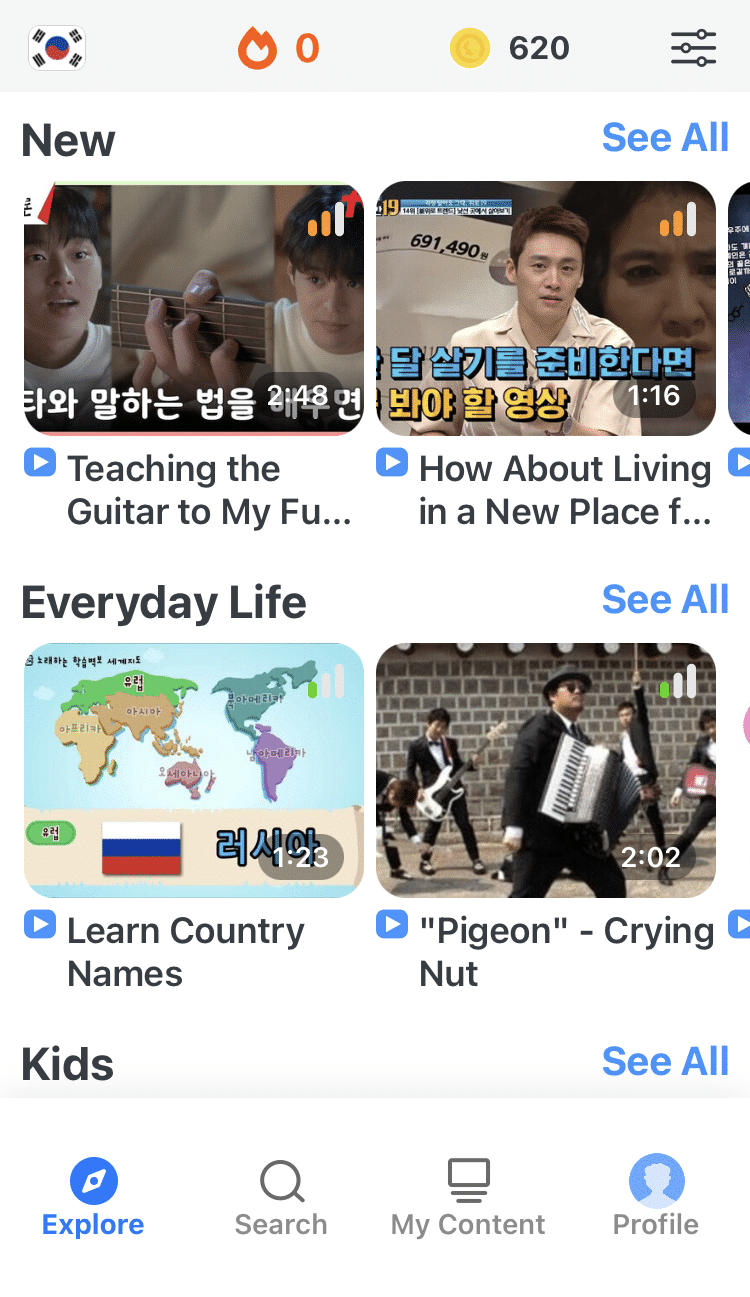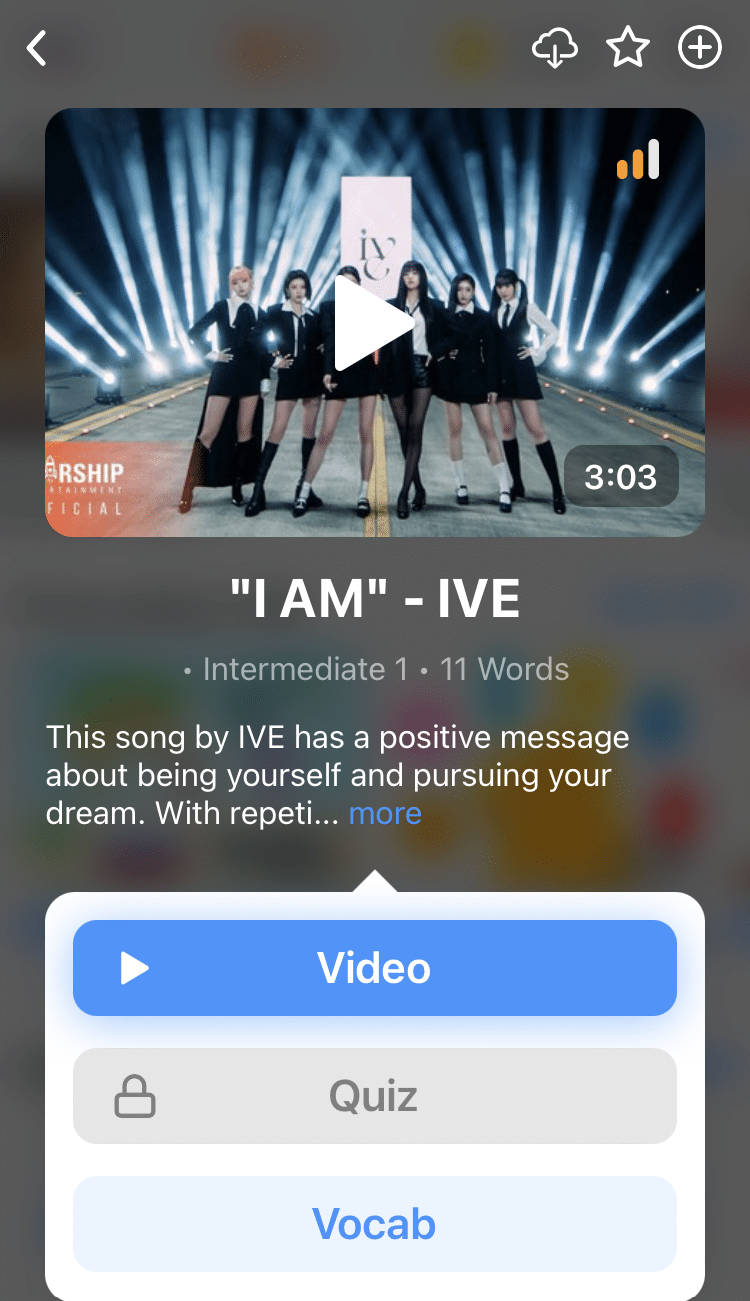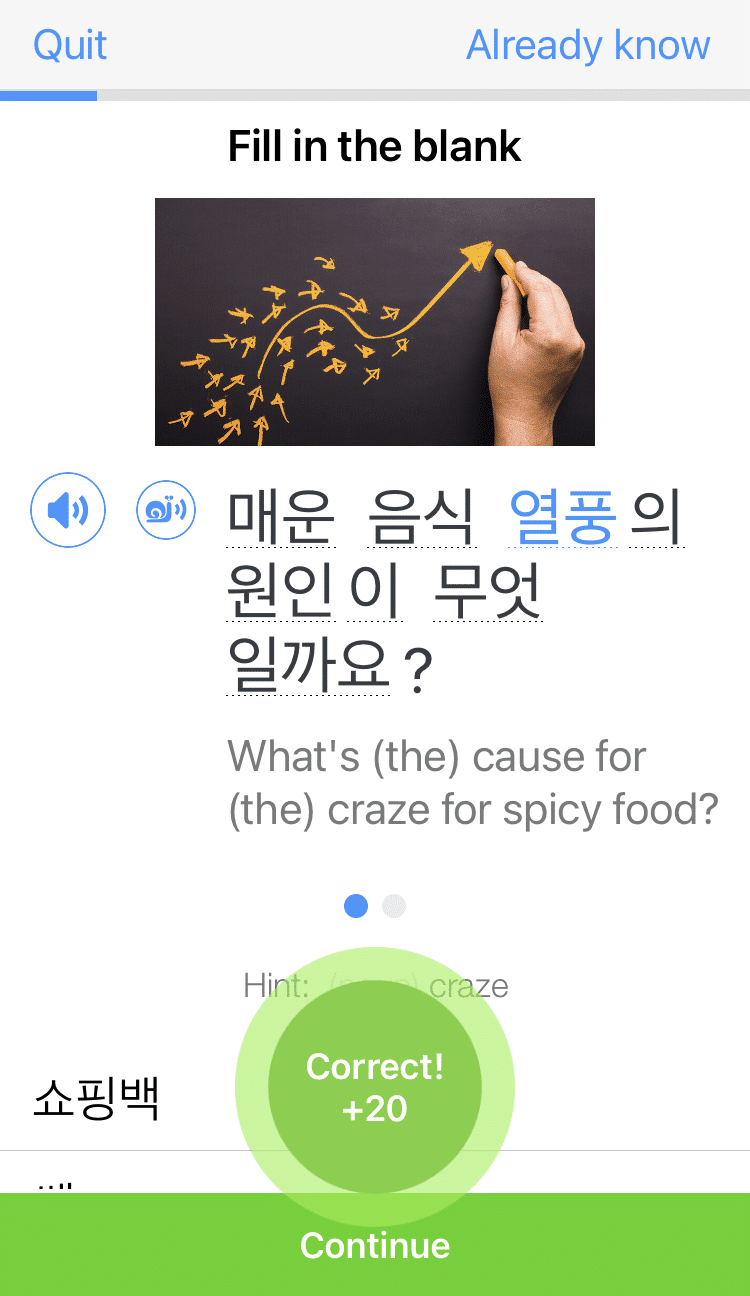The Traditional Korean Age System and How It Has Changed

Did you know that your buddy in Korea, who was born in the same year as you, would still be older than you? Well, until 2023, that is.
The Korean age system has existed for centuries. It’s been a point of charm, contention and confusion for both Korean natives and folks from other countries.
So what makes the Korean age system unique, and how has it changed?
Contents
Download: This blog post is available as a convenient and portable PDF that you can take anywhere. Click here to get a copy. (Download)
What is Korean Age
Traditionally, the Korean age system dictated that on the day one is born, they’re already one-year-old. It makes decent sense, considering the fact that roughly nine months were spent in the womb.
Furthermore, a year is added to one’s age for every successive January 1. That’s right, a Korean person doesn’t necessarily age up when it’s their birthdate. Every time New Year’s comes around, a person’s age automatically ticks up.
This means that a Korean person following this system would be considered older by one or two years, compared to their internationally-calculated age.
History of Korean Age
This unique age system is presumed to have been adopted from China. It worked in conjunction with the lunisolar calendar, a date system that was once widely used in East Asia.
When Korea adopted the Gregorian (solar) calendar around the year 1896, January 1 officially became the start of a new year and the Korean age system accommodated.
In truth, the Western-style international age system (known as 만 나이 ) has been adopted by Korea since the 1960s and typically used for official contexts.
However, within the borders of the country, the Korean age system was still used for daily situations. Korean immigrants who moved to other countries also frequently incorporated their Korean ages within their official documents.
In December 2022, a law was passed in South Korea to abolish the traditional age system and replace it with the international one. The law was then enacted and practiced since mid-2023. Since then, many Korean natives have officially become a year or two younger, much to their delight.
How to Calculate Your Age in Korea
It’s quite easy to calculate your traditional age in Korea. Here are three equations you can use to figure it out:
- If your birthday has already passed for the current year: Your age + 1
- Ex. You were born in February 1990 and it’s currently March 2000, making you 10 years old.
Your Korean age: 10 + 1 = 11 years old
- Ex. You were born in February 1990 and it’s currently March 2000, making you 10 years old.
- If your birthday hasn’t passed: Your age + 2
- Ex. You were born in May 2001 and it’s currently January 2012, making you 10 years old.
Your Korean age: 10 + 2 = 12 years old
- Ex. You were born in May 2001 and it’s currently January 2012, making you 10 years old.
- (Current year – birth year) + 1
- Ex. Current year is 2024. Your birth year is 1980.
Your Korean age = (2024 – 1980) + 1 = 45 years old
- Ex. Current year is 2024. Your birth year is 1980.
Why is Age So Important in Korea
A lot of social stock is put on the concept of age in Korea.
Age dictates how Korean people treat each other. It determines how formal your speech is and your overall etiquette.
In general, anyone who is older than you should be treated with more respect. You should be using more honorific language and act more humbly towards the person.
Anyone who is your age or younger can be treated more casually. You don’t have to use formal speech or practice more decorum. The barriers are lowered even further if you’re close to said person.
This is why it’s common for Korean people to be interested in your age early on in any sustained relationship. They’d like to gauge how you two should interact with each other.
Age-Related Vocab and Phrases
Here are some essential terms you should know whenever you discuss your age in Korean.
- How old are you? (casual): 몇 살이야?
- How old are you? (polite): 나이가 어떻게 되세요?
- How old are you? (formal): 나이가 어떻게 되십니까?
- I am ____ years old (casual): ___ 이야
- I am ____ years old (polite): ___ 이에요
- I am ____ years old (formal): ___ 입니다
- 오래된 – old
- 어린 – young
- 유아 – toddler
- 어린이 – child
- 십대/청소년 – teens/youth
- 성인/어른 – adult
- 노인/어르신 – senior citizen
- (더) 젊은 – younger
- 나이가 많은 – older
- 선배 – senior (someone older than you, typically in work/school)
- 후배 – junior (someone younger than you, typically in work/school)
- 형 – older brother (used by males)
- 오빠 – older brother (used by females)
- 누나 – older sister (used by males)
- 언니 – older sister (used by females)
To see how these phrases and more are used in context, you could check out a language learning platform such as FluentU.
FluentU takes authentic videos—like music videos, movie trailers, news and inspiring talks—and turns them into personalized language learning lessons.
You can try FluentU for free for 2 weeks. Check out the website or download the iOS app or Android app.
P.S. Click here to take advantage of our current sale! (Expires at the end of this month.)
You can imagine the relief that many Korean natives felt when their age system finally became obsolete. As soon as the abolishment law was passed, some may have felt that they instantly lost a few wrinkles and crow’s feet!
Still, age will always be important to Koreans regardless, and the old system remains an interesting and culturally-relevant topic worth studying.
And One More Thing...
If you enjoyed this post, you're already halfway to having the time of your life learning Korean with FluentU!
FluentU makes it possible to learn with K-pop videos, funny commercials, entertaining web series and more. Just a quick look will give you an idea of the variety of FluentU videos on offer:

FluentU really takes the grunt work out of learning languages, leaving you with nothing but engaging, effective and efficient learning. It's already hand-picked the best videos for you (which are organized by level and topic), so all you have to do is simply choose any video that strikes your fancy to get started.
Each word in the interactive captions comes with a definition, audio, image, example sentences and more.

Access a complete interactive transcript of every video under the Dialogue tab, and easily review words and phrases from the video under Vocab.

You can use FluentU’s unique Quiz Mode to learn the vocabulary and phrases from the video through fun questions.

FluentU keeps track of what you're learning, and tells you exactly when it's time for review, giving you a 100% personalized experience.
Review sessions use video context to help embed the words in your memory.
Start using the FluentU website on your computer or tablet or, better yet, download the FluentU app from the iTunes or Google Play store. Click here to take advantage of our current sale! (Expires at the end of this month.)








